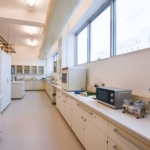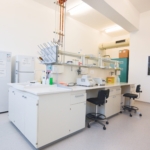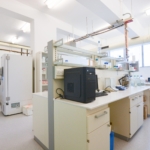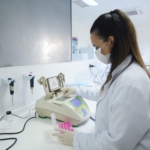DESAM Research Institute COVID-19 PCR Diagnosis Laboratory
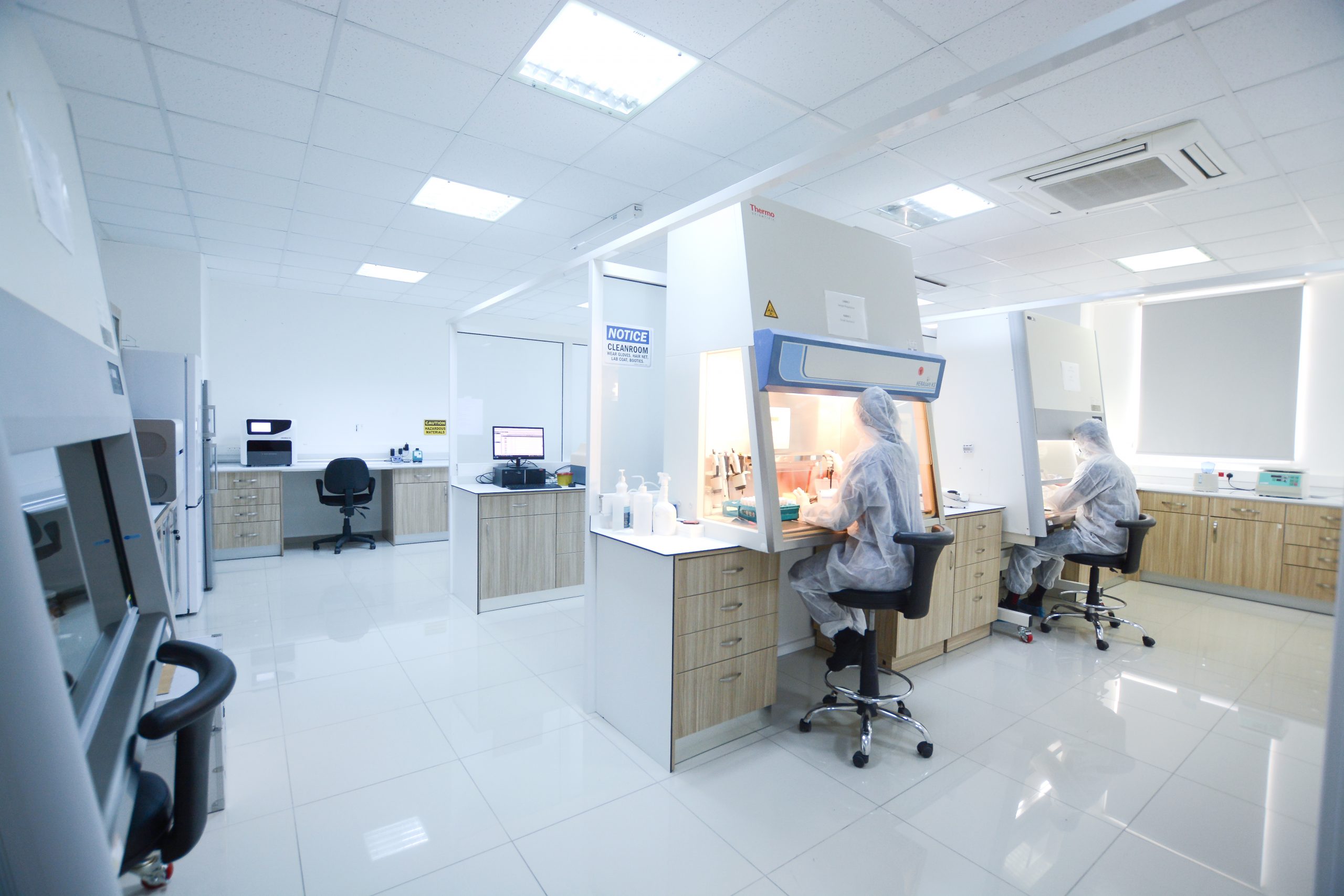
Our laboratory has been working 24/7 with its multidisciplinary specialist team to carry out the real time polymerases chain reaction (RT-PCR) test which is a molecular method used in the diagnosis of COVID-19 caused by SARS-CoV-2 since the 1st of July 2020.
NEU 3D Laboratory
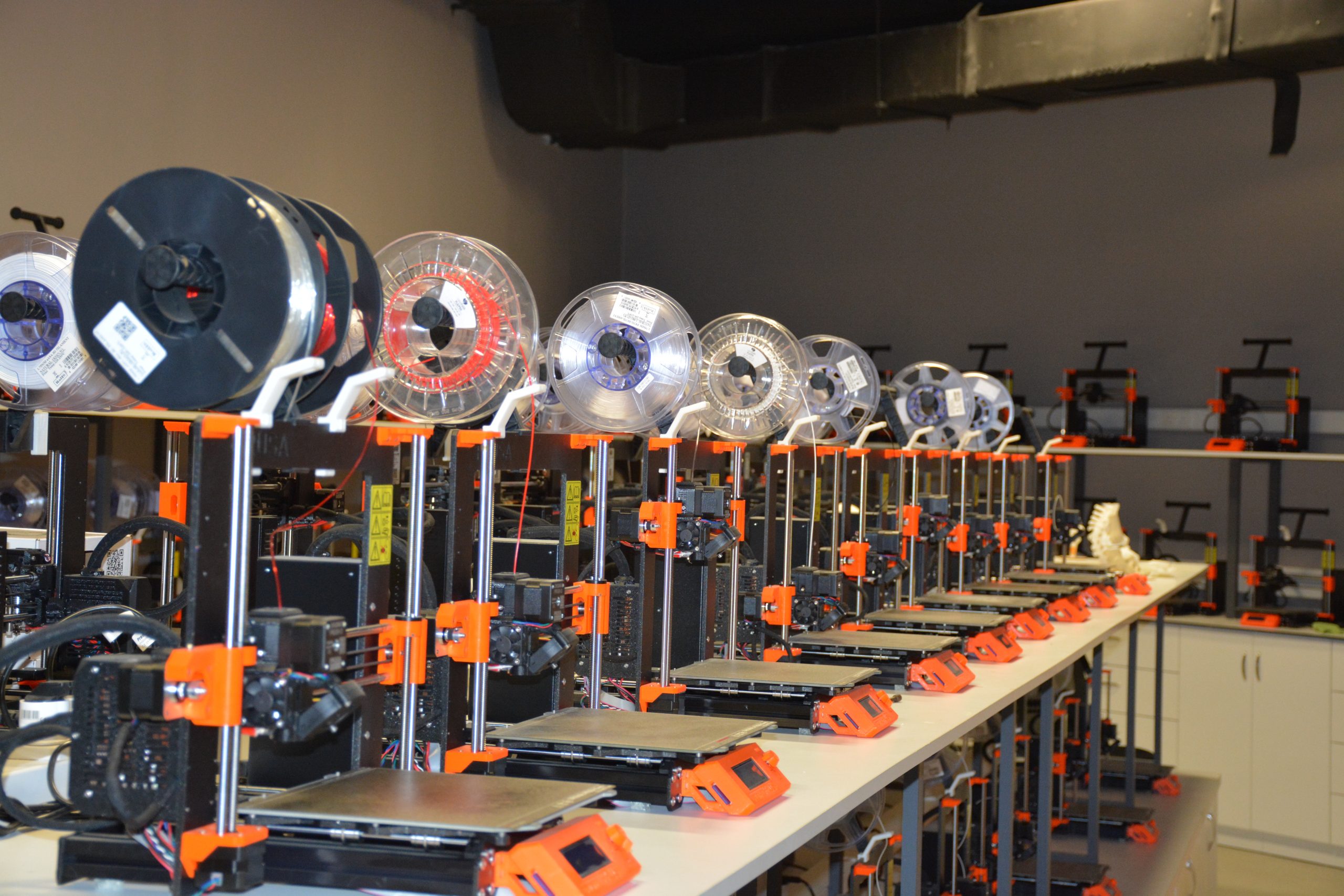
The three-dimensional design, printing and bio-printing laboratory of our institute has been continuing its activities at our university since 2015. Our laboratory provides three-dimensional design and printing, quick prototyping, device design and production services. While our work is concentrated on the field of health, support is also provided for research in other fields of science. Three-dimensional models can be produced for patients in the field of health by using their radiological imaging with the reconstruction technology (volume rendering & segmentation) and these models can be turned into three dimensional solid objects. Recently, pre-operative planning, patient-specific prosthesis and implant design, prosthesis and implant applications in dentistry and medical device designs have become popular. Our laboratory provides consultancy, medical design and three-dimensional printing services to researchers focussed on these fields.
Our laboratory also produces its own 3D bioproducts with the “NEU3D Bioprinter” which is our own design. This specialised field is frequently used in research branches such as biomaterial/biopolymer development, drug testing, tissue engineering, cancer research, micro fluid systems.
Cell Culture Laboratory
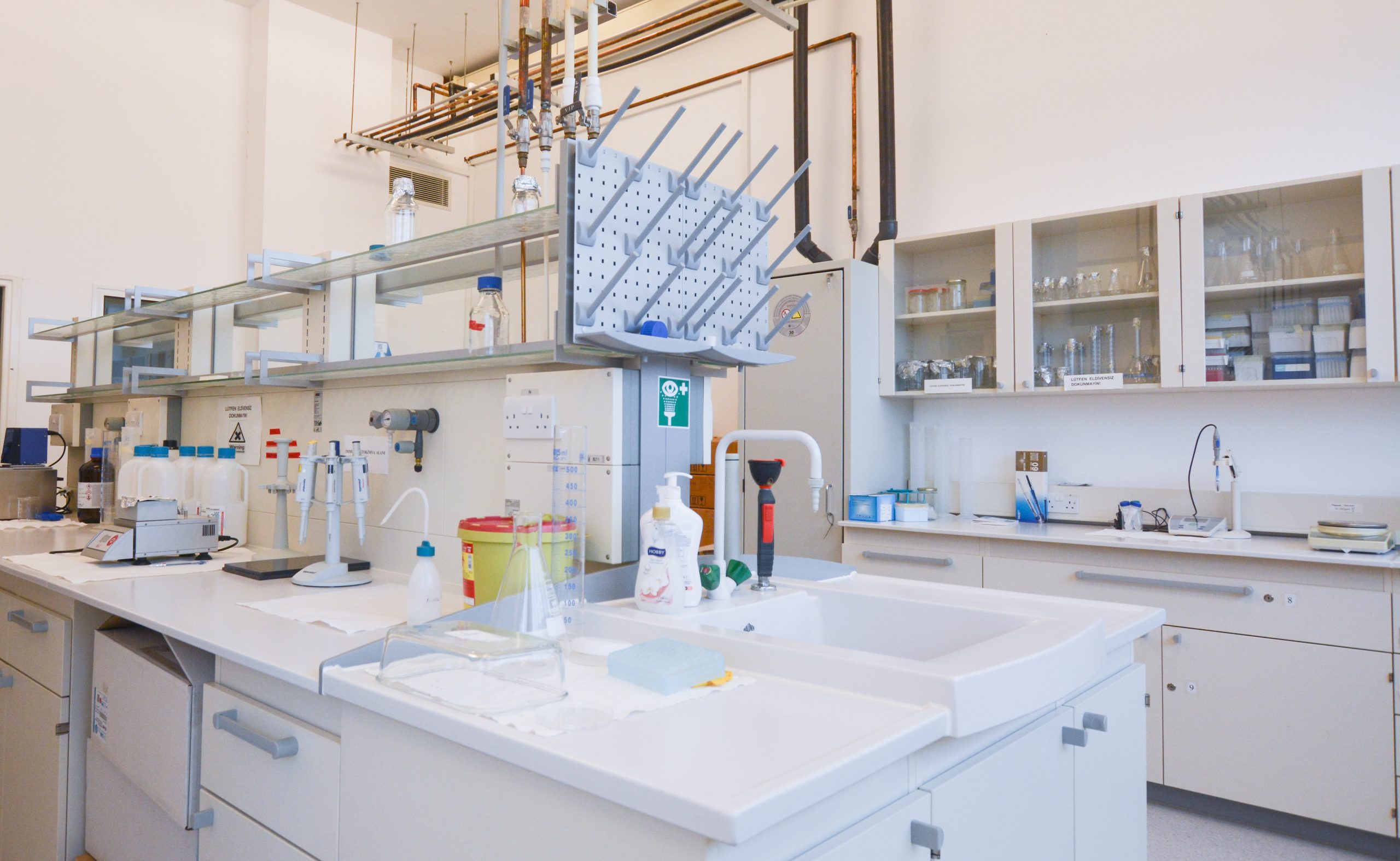
The DESAM Cell Culture Laboratory is a laboratory that provides research opportunities to researchers from different fields. Cancer, stem cell, obesity, biomedical engineering and 3D bioprinting studies are primarily carried out at the laboratory. The molecular basis of cancer and the anticancer properties of natural substances are researched at the laboratory. Studies are continuing to obtain stem cells from teeth, foreskin and different sources. There is also a 3D bioprinting device at this laboratory which works on artificial tissue modelling. This unit offers opportunities and services to all researchers, and officially records and stores the study data.
Our laboratory also produces its own 3D bioproducts with the “NEU3D Bioprinter” which is our own design. This specialised field is frequently used in research branches such as such as biomaterial/biopolymer development, drug testing, tissue engineering, cancer research, micro fluid systems.
Molecular Medicine Laboratory
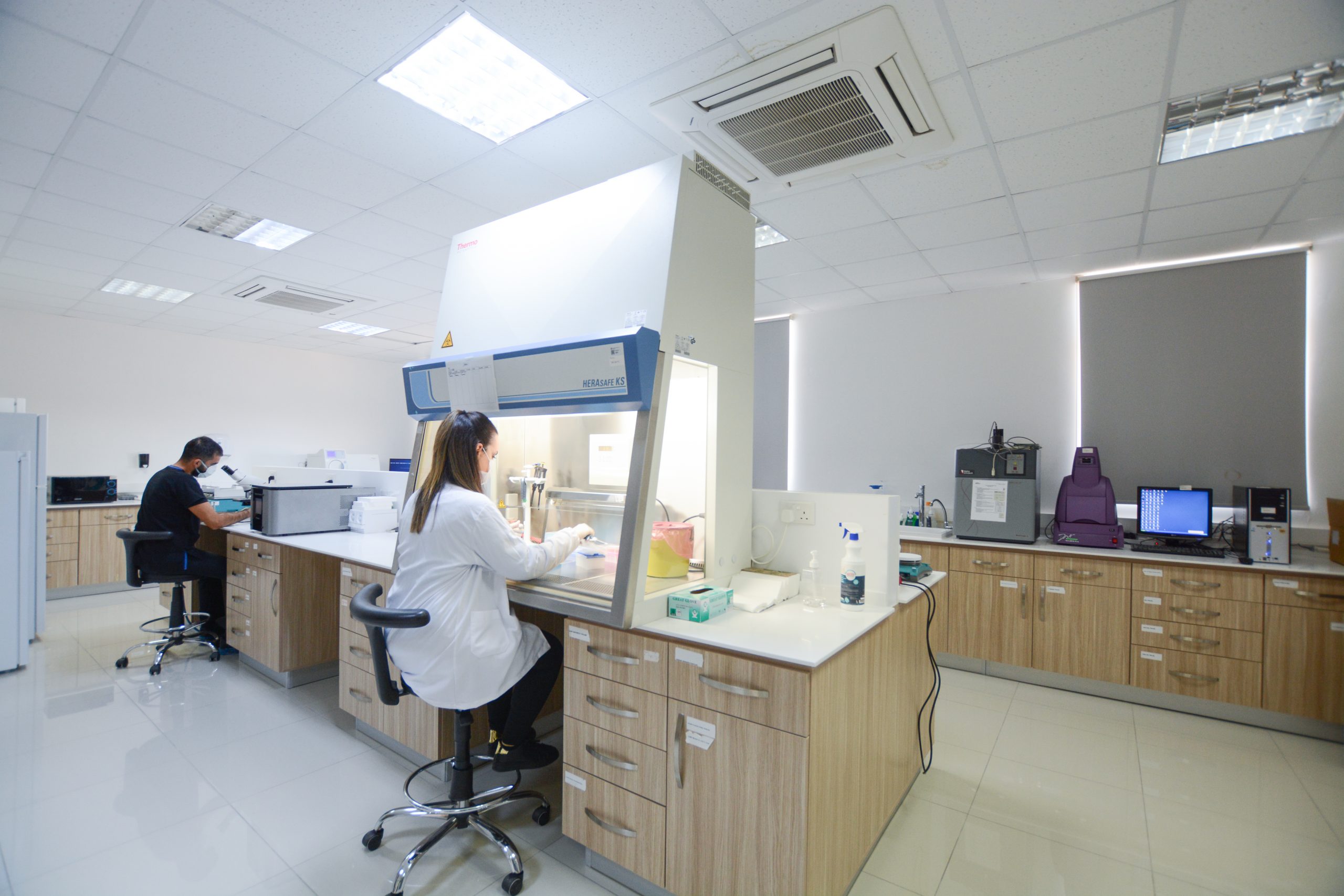
The DESAM Institute Molecular Medicine Diagnosis and Research Laboratory aims to meet the increasing needs of researchers and to serve public and private institutions in many fields, both nationally and internationally, especially in the fields of molecular biology-based R&D research, innovation and biotechnology studies. It also aims to design new methods, products and develop production methods. Our laboratory, which aims to provide services aimed at determining the genetic etiology of the pathological condition underlying hereditary diseases, carries out research studies on rare diseases in our community. Additionally, our laboratory carries out the Human Genetics external quality assessment program, supported by the EQA European Biotechnology Thematic Network Association, together with the MAGI Rare and Genetic Diagnosis Center in Italy. In the Molecular Medicine Research Laboratory, the investigation of the molecular etiopathogenesis of diseases is performed by DNA and RNA isolation and analysis, DNA sequencing, variant analysis and gene expression quantification.
Additionally, our laboratory continues its studies focused on the molecular identification of pathogenic microorganisms that cause infectious diseases, which are of great importance for public health, the detection and expression analysis of antibiotic resistance genes in bacteria, genotyping of causative pathogens and revealing the genetic proximity of isolates, especially in cases such as hospital epidemics, by creating DNA fingerprints.


